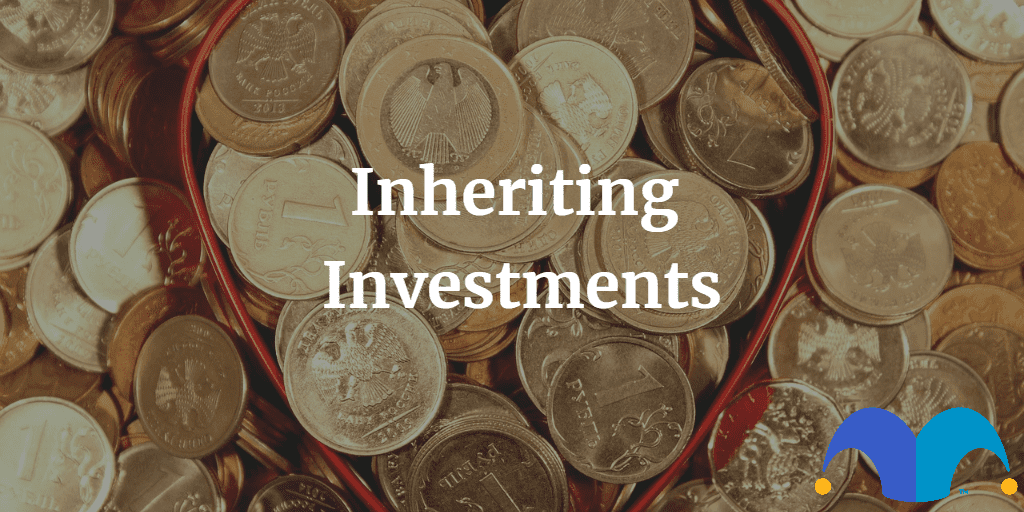Sometimes, it can be hard to know what to do when inheriting investments. So, we’re going to take a look at some common mistakes to avoid to help you make better decisions if you’re in this position.
What happens when inheriting investments?
Even though it’s very common to inherit something during your lifetime, you may not know what to do when this happens.
According to research from Hargreaves Lansdown, around half of us don’t know what to do with investments we inherit.
It’s worth thinking ahead to make sure that you’re prepared. Otherwise, it could create a lot of costly headaches for you.
Inheritance can have a big impact on your finances. This can be positive if you’re able to organise things in your favour. But this situation can also impact you negatively if not dealt with properly.
What should I avoid doing when inheriting investments?
Sarah Coles, personal finance analyst at Hargreaves Lansdown has put together 10 common mistakes to avoid when inheriting investments. Let’s take a look at what makes her list.
1. Acting too fast
Acting hastily whilst emotions may be high is something to avoid. You could end up making rash decisions in order to make things simpler. But this might mean making the wrong move. So waiting until you’re feeling more settled can be a wise choice.
2. Sticking it in cash
Cash can be helpful in certain situations. But converting a potentially large sum into cash means risking depreciation. This is where inflation has the power to eat away the value of your money.
3. Assuming it will last forever
When inheriting investments, you may think the money will last forever, but it won’t. Just realising this will help. Without a plan, the funds may dwindle faster than you imagine.
4. Not considering your finances as a whole
A simple move would be to just keep everything invested. But it’s important to think about your whole financial picture. Perhaps some of the investments should go towards paying off some debt or building a decent emergency fund.
5. Getting emotionally attached to ‘mum’s shares’
This may sound somewhat heartless, but it’s sound logic. You may inherit investments that do not suit you. If this happens, it’s best to avoid being sentimental about unsuitable investments.
6. Not reconsidering your portfolio as a whole
If you’re already investing, you need to think about how these new investments will fit into your own portfolio. Otherwise, you may end up with too little diversification or too much risk.
7. Ruling out taking advice
We all like to think we know best. Managing your own finances is a great skill to learn. But if you’re suddenly presented with a large sum when inheriting investments, it may be worth seeking some professional advice to guide you.
8. Not considering the tax position immediately
Although you shouldn’t make rash decisions, it’s important to fully understand how these investments can affect your tax situation. This is especially true if you inherit pension-related investments.
9. Not taking advantage of any additional permitted subscription (APS)
If you inherit an ISA from a partner or spouse, you can apply for an additional allowance called an APS. This means inheriting investments like a stocks and shares ISA won’t eat into your own personal allowance.
10. Forgetting about the FSCS protection
It’s important to remember that FSCS protection has limits. If you end up with a large cash position, it can make sense to spread the deposits across different regulated accounts to make sure you remain protected by the £85,000 cover.
Please note that tax treatment depends on the individual circumstances of each client and may be subject to change in the future. The content in this article is provided for information purposes only. It is not intended to be, neither does it constitute, any form of tax advice. Readers are responsible for carrying out their own due diligence and for obtaining professional advice before making any investment decisions.
